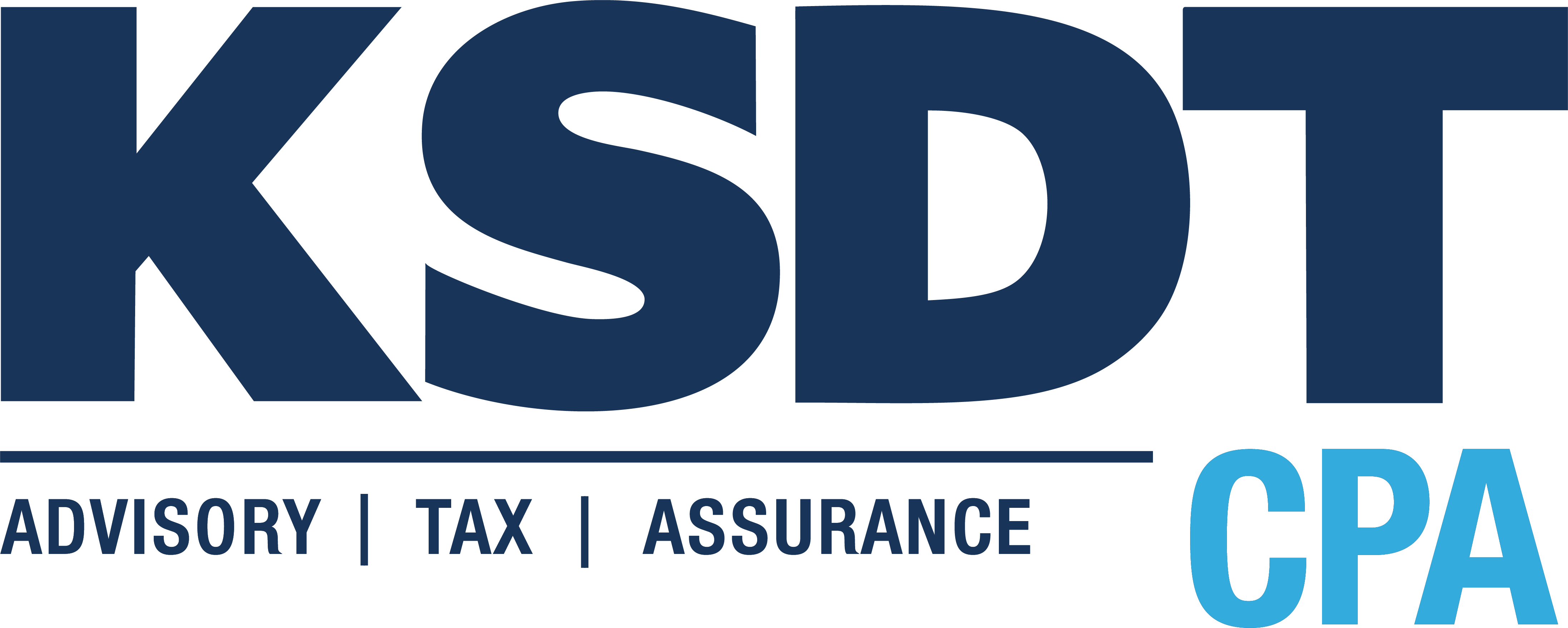In today’s digital age, managing digital assets in your estate plan is crucial. Unlike traditional assets, digital assets often lack a clear “paper trail,” making it difficult for your family to access them without explicit instructions. Here are essential steps to ensure your digital assets are properly addressed in your estate plan:
Inventory Your Digital Assets
Begin by compiling a comprehensive list of all your digital assets. Include website addresses, usernames, passwords, and account numbers. Common digital assets include:
- Email accounts
- Social media accounts
- Digital photo, video, music, and book collections
- Online banking and brokerage accounts
- Online reward programs, such as credit card rewards or frequent flyer miles
Provide clear instructions for accessing these assets, particularly if they are password-protected or encrypted. Store this information securely and ensure your family knows where to find it. Consider using an online password management solution to simplify the process.
Authorize Access
It’s crucial to provide your representatives with login credentials to access your digital assets, but legal consent is also necessary. Without explicit legal authority, accessing these accounts could violate data privacy laws or result in charges of theft or misappropriation. Ensure your estate plan grants explicit authority to your representatives to avoid these issues.
Comply with Federal Laws
For owned digital assets, like bank and investment accounts, your estate plan should specify their transfer to your heirs. However, many digital assets, such as email and social media accounts or certain digital media collections, are licensed rather than owned and are governed by Terms of Service Agreements (TOSAs). These licenses typically terminate upon your death and are nontransferable.
Fortunately, most states have adopted the Revised Uniform Fiduciary Access to Digital Assets Act (RUFADAA), which provides a framework for accessing and managing digital assets. The act prioritizes:
- Providers’ online tools for account management after death or incapacity, such as Google’s “Inactive Account Manager” or Facebook’s “legacy contact” feature.
- Provisions in your will, trust, power of attorney, or other estate planning documents if no online tools are used.
- Providers’ TOSAs if no explicit authority is granted in your estate plan.
To ensure your loved ones have access to your digital assets, use providers’ online tools or include explicit authority in your estate plan. If you have questions on properly addressing your digital assets, please contact us.
How Can We Help?
Call or email our team today
KSDT CPA is ready to navigate the process with you. Fill out the form below and our team will contact you shortly.


